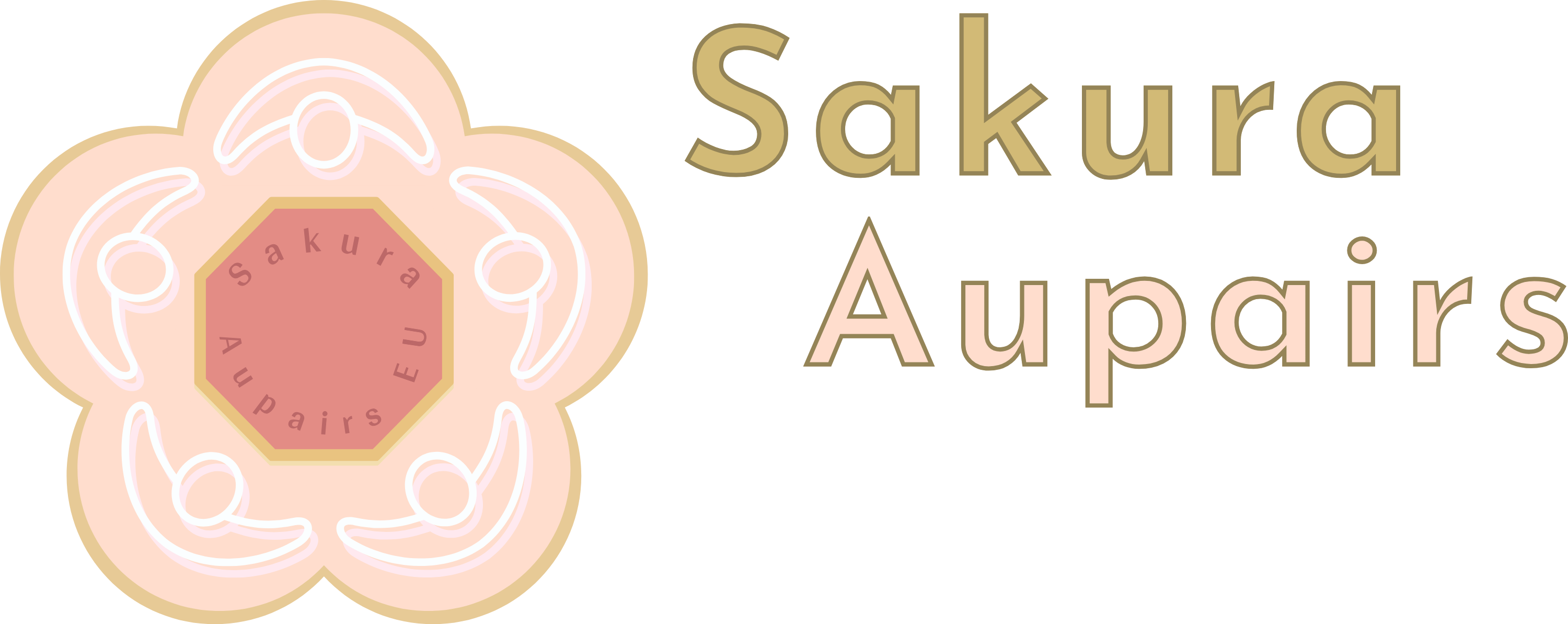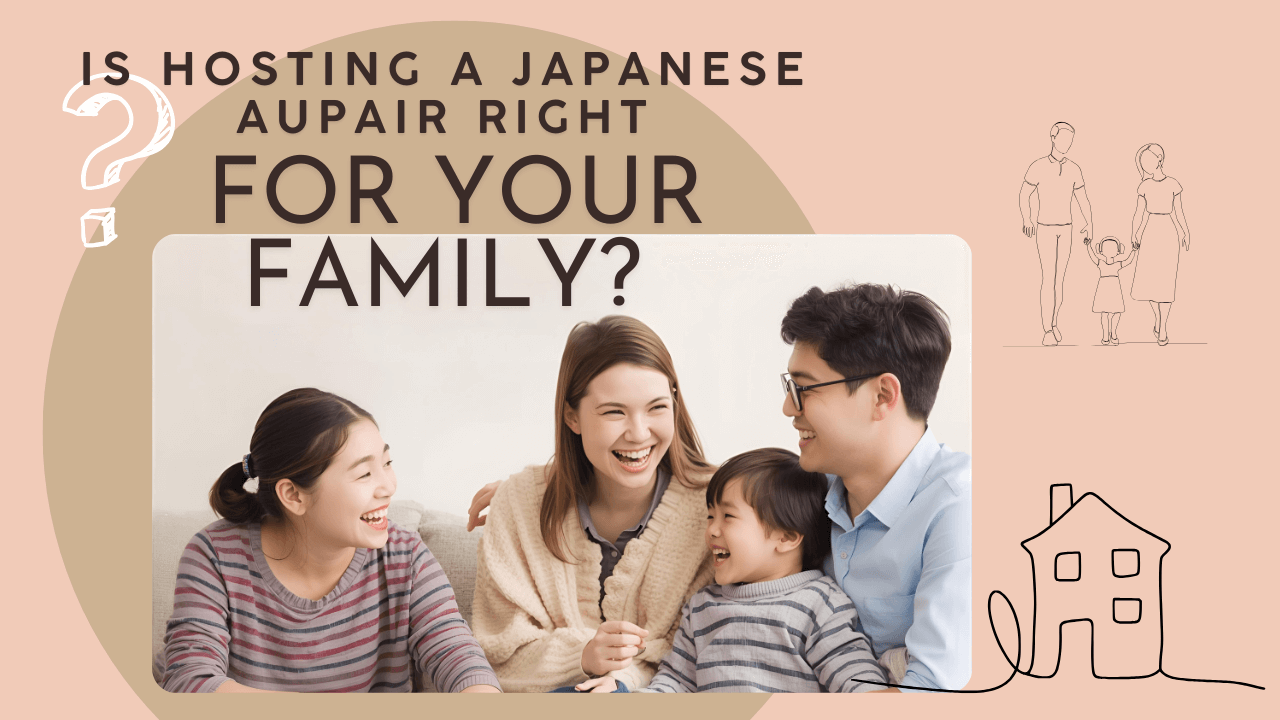Are you questioning how to nurture your children’s growth whilst maintaining the delicate balance between work and family life? Whether you’re already navigating parenthood or preparing to welcome a little one, many families throughout the Netherlands find themselves exploring new possibilities for enriching their household dynamics.
You may have encountered the concept of an “au pair” whilst researching family support options. But what does this truly mean, and could welcoming a Japanese au pair into your Netherlands home align with your family’s values?
The Au Pair Experience: A Cultural Chapter in Family Life
An au pair programme represents a one-year cultural exchange—an opportunity for young people to live with a family abroad, sharing languages, traditions, and daily rhythms. This is not daycare, nor is it an afterschool nanny arrangement. Rather, it’s an invitation to welcome someone as an extended family member.
Think of an au pair as a caring older sibling for your children—someone who becomes woven into the fabric of your family life.
What defines the au pair experience?
Au pairs don’t require formal childcare certificates. What they bring instead is genuine enthusiasm for children, cultural curiosity, and motivation to contribute meaningfully to family life. They typically help with light babysitting and household tasks, but their true value lies in the cultural companionship and perspective they offer.
Young people choose to become au pairs because they genuinely enjoy children and seek authentic immersion in a new culture, language, and way of life. They’re not providing a professional service—they’re participating in a mutual exchange.
Welcoming a Japanese Au Pair into Family Life
At Sakura Aupairs EU, we specialise in creating meaningful connections between families throughout the Netherlands and Japanese au pairs. This particular cultural pairing offers something distinctive for households across international communities—from Amsterdam to smaller towns, each with their own character.
安心と信頼 (Anshin to Shinrai) — Peace of Mind and Trust
Japanese culture places deep emphasis on responsibility, attention to detail, and respect for family harmony. These values naturally translate into thoughtful, reliable presence in your home—qualities that bring reassurance to parents.
思いやり (Omoiyari) — Considerate Empathy
The Japanese concept of omoiyari—anticipating and responding to others’ feelings—creates natural role models for children. This gentle approach to relationships helps young ones develop emotional intelligence and consideration for others.
Cultural Enrichment for Your Children
Your children gain organic exposure to Japanese language, customs, and perspectives through daily interactions. Morning greetings, mealtimes, and bedtime stories become opportunities for cross-cultural learning that feels natural rather than instructional.
Is This Experience Right for Your Family?
Families Who Flourish with Au Pairs
You might find deep satisfaction in hosting a Japanese au pair if you:
- Value cultural diversity and want your children to experience different worldviews naturally
- Have a private bedroom available in your home to welcome someone comfortably
- Appreciate having a caring companion for your children during busy periods
- Enjoy supporting young people’s personal growth and cultural learning
- Want your children to develop global awareness through authentic relationships
When Alternative Arrangements May Suit Better
Consider other support options if you:
- Prefer complete privacy within your household
- Require professional childcare services with formal qualifications
- Need extensive housekeeping alongside child supervision
- Want the same caregiver for multiple years
- Seek purely functional school pick-up support without cultural integration
What Creates a Successful Au Pair Year?
The most rewarding au pair experiences emerge when families and au pairs share aligned intentions and genuine mutual respect. Success means maintaining warm, respectful relationships throughout the programme year—not perfect harmony every moment, but commitment to understanding and growth.
This experience thrives when families view their Japanese au pair as a cultural ambassador and valued family member, whilst au pairs approach their role with responsibility and authentic enthusiasm for family integration.
The heart of this journey lies in enriching your family’s daily life through meaningful cultural connection.
The Reality of Cultural Exchange
Living with someone from a different cultural background requires openness and patience from everyone involved. What feels polite in European social contexts might be interpreted differently in Japanese culture, and vice versa. These moments become learning opportunities rather than obstacles.
Consider a simple example: In many European households, directness is valued. In Japanese culture, indirect communication often shows respect and consideration. Understanding these nuances together creates richer family conversations.
Children naturally absorb these cross-cultural interactions, developing empathy and global awareness that serves them throughout their lives. Parents often discover fresh perspectives on their own traditions and assumptions.
Your Next Step
If this resonates with your family’s values and circumstances, learning more about the practical aspects of hosting might be worthwhile. Understanding the specific requirements and expectations helps ensure this meaningful experience aligns with your household’s needs.
Would you like to hear from a family who has hosted three Japanese au pairs? Their reflections on welcoming cultural exchange into their home offer genuine insights into this journey.
The beauty of the au pair experience lies in unexpected moments—a Japanese children’s song sung at bedtime, conversations about different festival traditions, or the quiet afternoon when your child teaches their au pair a Dutch word whilst learning a Japanese one in return.
Where to Begin
At Sakura Aupairs EU, we believe cultural exchange becomes most meaningful when both families and au pairs invest time in understanding each other’s backgrounds. Our focus on connecting Japanese au pairs with families in the Netherlands stems from our experience with this particular cultural bridge.
We invite you to explore whether this experience might enrich your family’s journey. Whether you’re in Amsterdam, a smaller Dutch town, or anywhere else in the Netherlands, we welcome your questions about the Japanese-Dutch or international cultural exchange concept.
If you’re considering welcoming a Japanese au pair into your family’s life, you can learn more about how Sakura Aupairs EU approaches matchmaking, cultural preparation, and ongoing support at sakuraaupairseu.com/rates.


